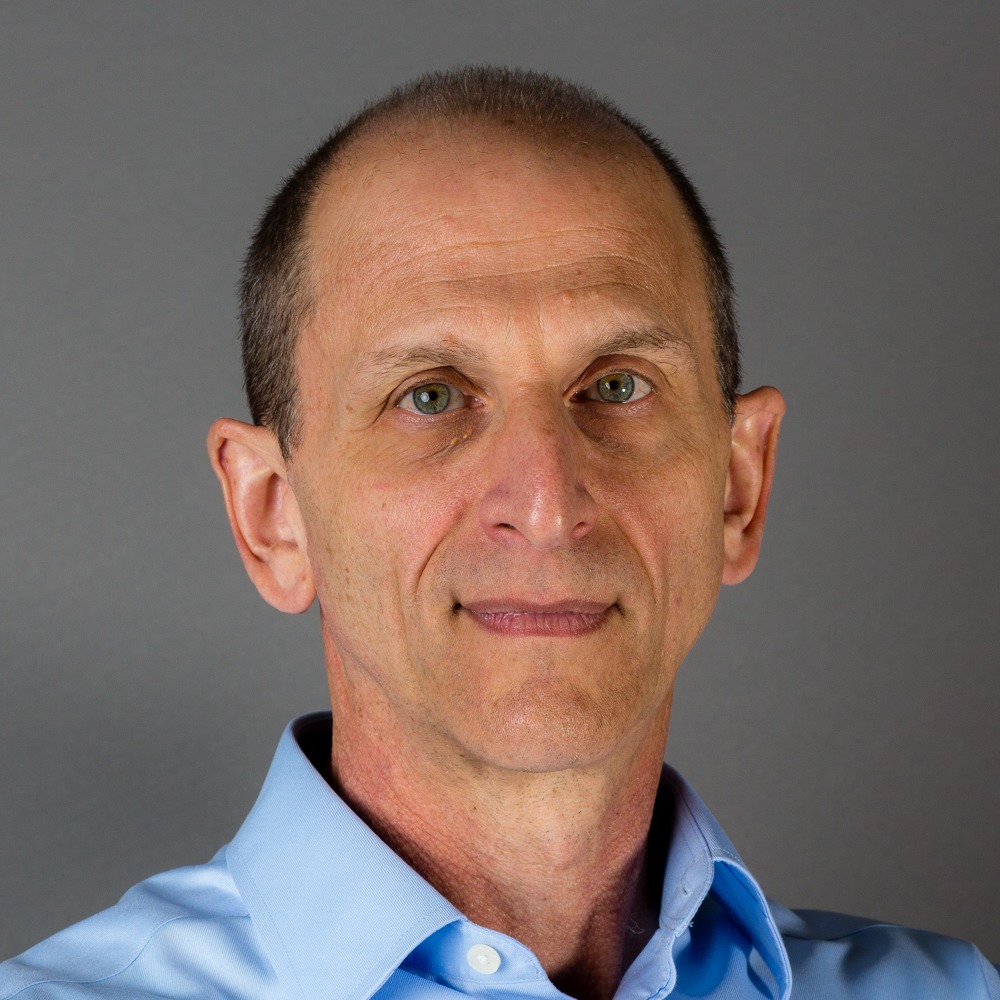
Look more carefully at your default responses to life's invitations for growth.
My best guess is that 99% of you reading this will answer the question of this title in the affirmative. Of course, I’m saying “yes” to life. Why wouldn’t I?
What I mean by this question can be clarified by some of the following additional questions:
-
When your spouse suggested therapy for you or for the two of you, did you say “yes, “no,” or only said “yes” after a long time and a lot of fights, or perhaps only when a threat of divorce left you feeling you had no choice?
-
When you were caught in misbehavior, large or small, did you own up to your deed easily, or try to defend your way out of it?
-
When you were presented with an opportunity — at work, or socially, or even trying something new at the gym — did you agree readily, or did you say “not yet” or “no thanks”?
-
When you felt uncomfortable while recounting a difficult and vulnerable circumstance with a good friend or your spouse, did you push yourself to go deeper and risk sharing your true vulnerability, or did you take refuge in a general statement that only hinted at what you really felt?
I could go on and on with these questions, but I hope you get the point I’m highlighting. Saying “yes” to life means a lot of things in a lot of different circumstances.
The basic thing that unifies all of these circumstances is to take a risk in the direction of opening oneself up and being vulnerable — to not knowing, to not being able to control an outcome or how you look to others. It means trusting the deepest and baldest truth of the moment.
Saying without quibbling or qualification: I did that, I’m sorry, I was wrong, I’d love to try that even though I don’t know-how, sure why not, okay if you think it’s a good idea. There are as many ways to say “yes” as there are to say “no,” but typically, saying “yes” is riskier than saying “no.”
In my work, I see a lot of gradations on this “no-yes” scale with people. Some say “no” and never say “yes,” and then there’s very little I can do to help them help themselves. Some say “no” and then learn to say “yes” more often, and it is satisfying to help them learn to trust themselves and the world more.
And some have a zest for life, where their default position is “yes,” and then it’s a joy to work with them as their biggest problem is deciding which of the infinite “yes” choices to take. It usually means helping them discern what is most natural to who they truly are, and to choose the best possible “yes.”
I think where we fall on this “no/yes” continuum will determine a lot about how much we enjoy our lives, how we develop, how we age, and even how we die. Is your world something you need to defend against, or is it a place where even difficulties are meaningful challenges to help you grow more fully and deeply?
I don’t want to be Pollyanna about this. I think a lot of people do have objectively more difficult lives than others, and some have been so traumatized that just surviving is an accomplishment in itself.
But for the rest of us, the “worried well,” I say this: Life always involves struggle and pain. There is no way to avoid it. At least let the struggle and pain be in the service of growth.
Say “yes” to who you are and how you’re being asked to grow by the world and the people around you.
If you're struggling with saying YES in love and life, we're here to help. Check out our Imago Relationship workshops and therapy.
Discover more about Imago with our Imago Professional Membership, Imago Professional Facilitators and Imago Professional Training.
 This blog post was written by Josh Gressel, a clinical psychologist and certified Imago therapist in practice in the San Francisco Bay Area.
This blog post was written by Josh Gressel, a clinical psychologist and certified Imago therapist in practice in the San Francisco Bay Area.
He is the author of Embracing Envy: Finding the Spiritual Treasure in our Most Shameful Emotion (University of America Press, 2014) and "Disposable Diapers, Envy, and the Kibbutz: What Happens to an Emotion Based on Difference in a Society Based on Equality?" in Envy at Work and in Organizations (Oxford University Press, 2017). He has just completed a book on masculinity.
Check out Josh's website: joshgressel.com



